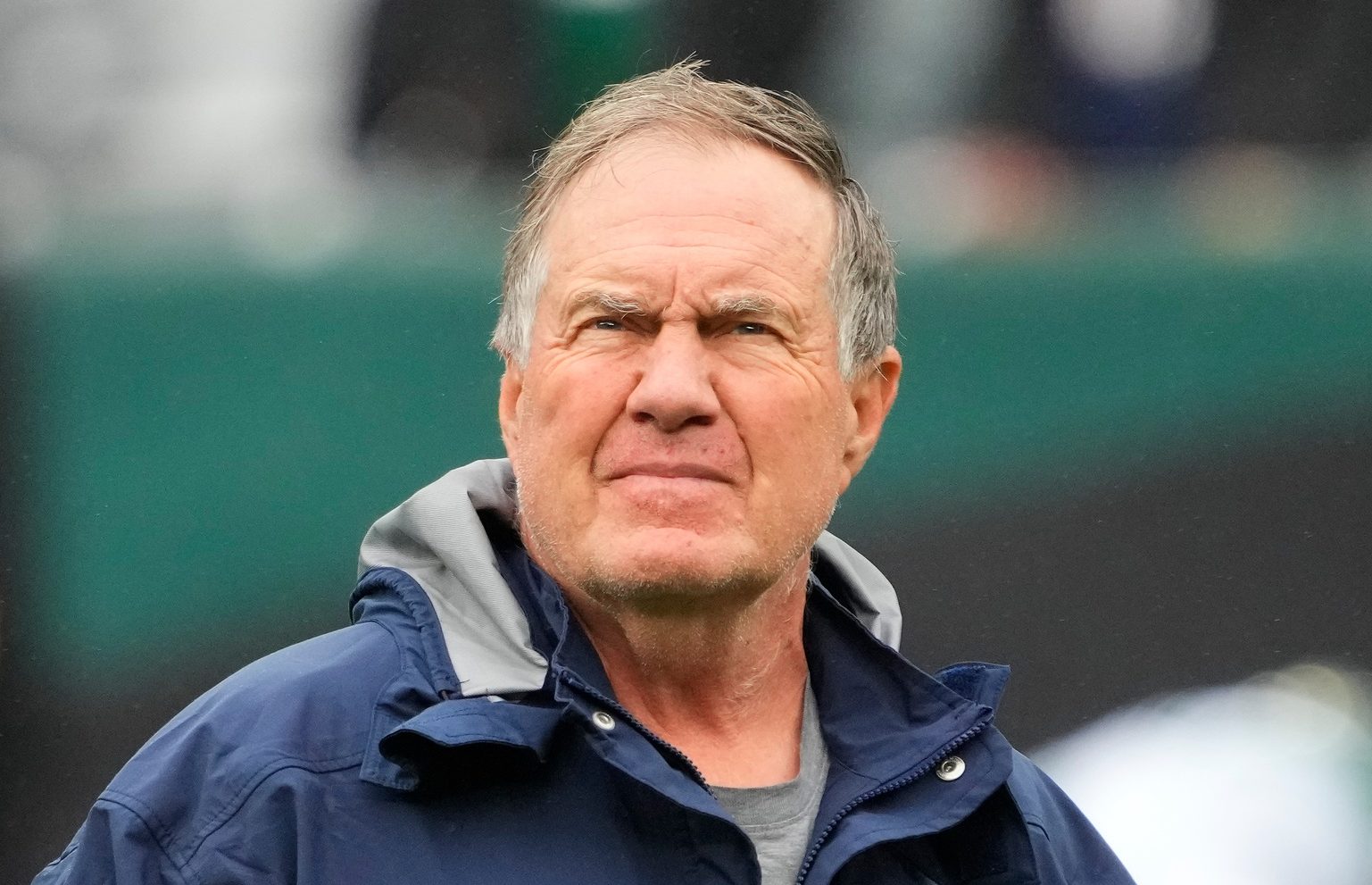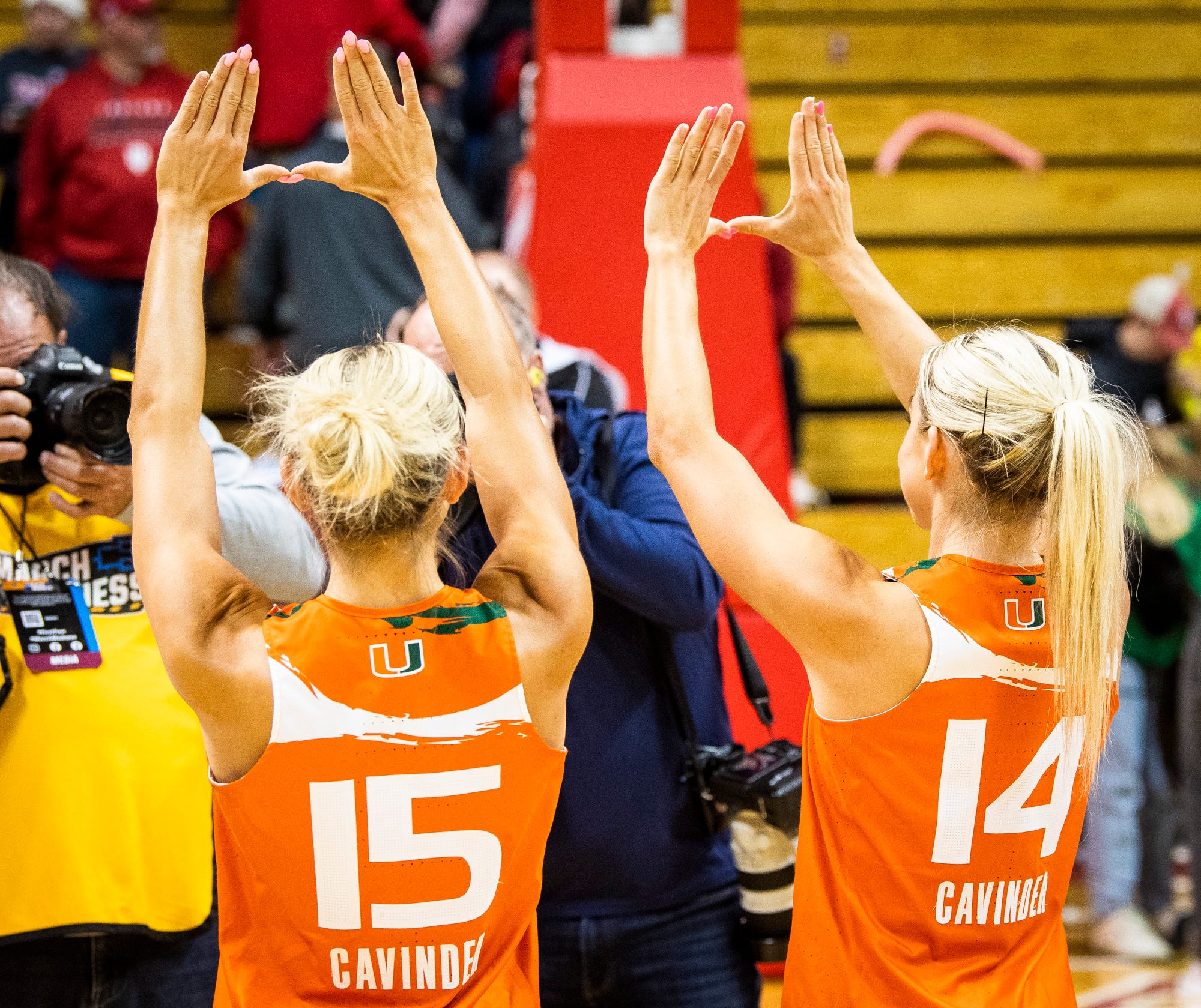
Whaddup and welcome back!
God, we’ve missed you. How was your night? Did you spend it on the side of a freeway at the top of the Hollywood Hills awaiting a tow truck for over an hour while your car was overheating? No?
Yeah, me either[i].
But just incase you did have a rough night, don’t worry, “The Countdown” marches on! We’re now only 5 (business) days away from the start of the NBA season and that means we’ve hit the halfway mark of our 10 Most Interesting Storylines for this upcoming season.[ii]
It’s only fitting that our #5 selection is about the man who’s essentially responsible for us being here and discussing the league. And no, we don’t mean the 3rd person to be introduced by him the 1984 NBA Draft[iii]. So in a fitting tribute:
“With the 5th pick, in the “The Countdown”, the Next Impulse Sports Crew selects David Stern from Rutgers University…”
#5: The Commissioner Calls A Quits: The Star (power) of David Stern
If you’re of a certain age[iv] its hard to imagine the NBA without David Stern as the Commissioner. It’s hard to believe that the Larry O’Brien trophy is named for the guy he replaced in 1984. And its almost blasphemy that the basketballs everyone always wanted as a kid, the one with the NBA logo, didn’t have the famous David J. Stern signature on them[v] at one time.
But just because you weren’t there to experience something, doesn’t mean it didn’t happen.
The NBA before Stern[vi] was a very different place. The league was struggling with the drug abuse of it’s players, the folding and merging of it’s teams and just getting it’s games on television[vii] period, let alone having them broadcast live.
When Stern did take the reigns as Commissioner in 1984 he was far from the visionary he’ll be given credit for when he retires. In fact, he’s regularly said that those early years were spent just trying to keep the league afloat and running.
That’s a pretty remarkable concept when you think of the talent he inherited starting with that first Draft and the players who were already in the league[viii]. If that level of talent were in the league today, Stern might challenge the NFL for American domination[ix].
It wouldn’t take long though before Stern shepherded the NBA to heights of popularity unseen for the NBA or any league for that matter.
The NBA is now broadcast in over 215 countries and territories around the world. There are currently players from every continent in the world suiting up for NBA teams and just this season alone the NBA has played preseason games in China and Europe. To say that the NBA has truly gone global would be an understatement. Stern is given much of the credit for pushing to expand the game and the league all over the world. But that’s not his true legacy.
Stern is also given credit for understanding the importance of access to the game by both hardcore and casual fans alike.
The NBA is currently the most accessible league to watch, follow, research and access. Between Instagram, Twitter and Facebook the NBA has over 450 million followers. If there’s a clip of something you want to find[x], chances are it exists on Youtube and there isn’t any bizarre concerns about copyright issues[xi]. You can currently watch the NBA on every mobile and tablet device and the league has had it’s own cable channel (NBATV) since 1999[xii].
But even the traditional and social media success isn’t what will come to define Stern’s legacy. His legacy is more singular and focused.
There have been two work stoppages during Stern’s tenure overseeing the NBA. There has also been one of the most horrific and terrifying moments in professional sports that occurred under his watch[xiii]. Stern has reacted to both by wielding his power in as strong and uncompromising way as possible (And enforced a dress code that briefly had him criticized as being racist–though in fairness, perhaps the ultimate joke is on us as we now suffer through D. Wade and Russell Westbrook’s fashion choices).
The suspensions that were handed down for the brawl in Detroit were the harshest in professional sports. He took the same hardline stance when it came to cleaning the game of drugs with the league’s lifetime ban policy for three time offenders. He’s also no picnic to negotiate with.
His ability to take the role as NBA villain is one of his strongest traits. He’s never been afraid to not be liked and never afraid to be the bad guy while undercutting that perceived image by always smiling and putting on the likable front[xiv] (fans in Seattle and Los Angeles aren’t going to forgive him anytime soon no matter how much he smiles and that’s noted).
For Stern though, his true legacy will be realizing the true selling point of his league: the players.
In the history of professional sports, the players had always just been part of the team[xv]. Fans rooted for the team or the city. The players on that team factored in, sure, but you would never think of choosing your team because of a player or deciding you liked a player more than a team. And in some ways, this became even more prevalent once free agency had been established. The early returns on players being able to choose where they wanted to play and to negotiate the best salaries were that you had YOUR team and the players were temporary.
But basketball is different than the other sports. It’s the one sport where the players don’t wear any pads or protection. It’s also a team sport that can be completely dominated by an individual—and that individual is recognizable by face, hairstyle, build and even, as Jordan and Jerry West proved, by a pose.
Stern was quick to recognize that was basketball’s true advantage and turned it into its most successful selling point. As much as he worked for the owners to make the league profitable and to make the brand of the NBA recognizable around the world, David Stern turned the NBA into a players’ league.
Under his watch, the NBA embraced the individual marketing of its stars by products, sneakers and even movies[xvi]. Michael Jordan became the living example of how one player was bigger than a team, than a city and even the league. And as much as organizations would prefer to run their teams like an NFL franchise (I see you Spurs, Magic and Oklahoma City), Stern has always promoted the star power of the individual[xvii].
The results speak for themselves.
Think of the most recent NBA conversation you’ve had or overheard. Inevitably, at some point the conversation switches to the individual talents, personalities or Instagram feeds of other players that aren’t on your team, but “Man, do I love watching Kevin Durant score” or “Blake Griffin is one of the most frustrating talents in the league” or “Can you believe what Steph Curry did last night? What about Derrick Rose? And did you hear what JR Smith posted on Twitter after the game?” are all conversations fans have all across the country.
That will be David Stern’s legacy.
When he retires, after 30 years this February, he will leave the league in the best place it’s ever been. The foreign expansion, the social media mastery and even the newly structured salary cap are all going to be what takes the league forward (Adam Silver is poised to take the league to even higher heights according to most league sources). But the foundation of all of those things is the players themselves—the individuals.
For all of the things David J. Stern is and for all he has done, his biggest accomplishment and what the league will miss most when he is gone is his ability to recognize the power of stars.
And so after February, the Commissioner will fade away and a new dawn will break in the NBA. But if the league ever finds itself lost, it only needs to wait for nightfall to find its way home by the star (power) of David Stern.
::::Check back tomorrow for #4::::
Want to share your thoughts, feelings, questions or favorite Buzzfeed lists, hit Scott at ScottC247@gmail.com
Scott Christopher is a comedian and writer based in Los Angeles. Follow him @ScottC47
[i] Okay, okay. I did. Not the best way to spend your night, on the side of 405, near the Mullholland Dr. exit and being freezing cold. And yes, the irony that I was shivering while my car was overheating wasn’t lost on me. The Universe, man. It’s the ultimate jokester.
[ii] As always here are the links (soon to be live) to the others so far: 10, 9, 8, 7, 6. Catch up, relax your mind, let your conscious be free.
[iii] Michael Jeffery Jordan. One of the most interesting parts of David Stern’s tenure as Commissioner is that he doesn’t have that “Draft Day” photo with MJ. Jordan wasn’t in attendance because he was in Indiana, preparing for the 1984 Olympics.
[iv] Namely, under 30, aka born the year David Stern became Commissioner, and have a birthday that is coming up tomorrow (gifts totally accepted—remember that broken down car story…).
[v] I don’t need the link to the picture of it and I’m sure you don’t either. There was something about being a kid and dreaming of making it to the NBA and having that ball with that signature always made you feel like you were a little bit closer to getting there. But, one more time for old times sake:

[vi] Appropriate that if you were to abbreviate it, the time period would be called: BS
[vii] Playoff games from 1975 -1979 were regularly played on tape delay on CBS.
[viii] The 1984 Draft featured Hakeem Olajuwan, Michael Jordan, John Stockton, Charles Barkley and Jerome Kersey (shout to Jerome Kersey: Former Div II player who carved out a 17 year career in the league and won a title in ’99 with the Spurs). The league already had Kareem Abdul-Jabbar, Magic Johnson, Larry Bird, Bernard King, Moses Malone, Doctor J and Isiah Thomas. Think about that.
[ix] Play as many games in London as you want NFL, you’re never going to catch the NBA on the global front.
[x] Some of my favorites: Allen Iverson crossover of Jordan, Vince Carter’s 2000 Slam Dunk Contest, Jordan’s game winner in 1998 in Utah, Larry Bird highlight compilations and any and all existing footage of Pistol Pete.
[xi] Seriously Major League Baseball—stop being so old! Let the kids promote and see your game via YouTube. Your insane desire to control all your content makes you seem like Metallica in the late 90’s. How’d that whole, “we need to stop music pirating” crusade work out?
[xii] The 2nd league to have it’s own channel? The NHL. In 2001 (though not available in the US until 2007). The NFL Network didn’t launch until 2003. MLB Network didn’t show up until 2008. Jesus MLB! If it weren’t for the fact that the NFL won’t exist in 20 years because it literally kills its players, your league would be the first to disappear.
[xiii] Oddly enough, the “Malice at the Palace” as it came to be known is one of the most impossible things to find video of online. But, thanks to the Internet, it exists. I remember watching this happen live. I was in my dorm room in Virginia and it was almost impossible to believe what I was seeing. It was one of those moments that I’ll never forget. It’s been almost 10 years since that incident occurred so it’s easy to lose sight of just how scary it was both to watch and for those in the building. The best way to remember it is to listen to Mike Breen’s voice as it’s happening. As seasoned a broadcaster as there is, the fear in his voice is palpable.
[xiv] I’ve often thought of Stern as your likeable but secretly scary uncle. The one who shows up at Christmas and Thanksgiving with a big smile and box of presents, but let him find out you moved his Lexus in the driveway without asking? Consider yourself on the wrong side of “The Godfather”.
[xv] And for quite some time, they were legitimately “owned” by their teams.
[xvi] Shout out to Space Jam, Forget Paris, Like Mike, Just Wright and to a lesser extent, He Got Game.
[xvii] In some regards, this may have been done too much and became a weakness after Jordan retired. The league invested heavily in a bunch of players that were slated to be the “next Jordan” or “baby Jordan”… Grant Hill, Penny Hardaway and Ray Allen come to mind. What the league ended up with, was the anti-Jordan in Allen Iverson.






